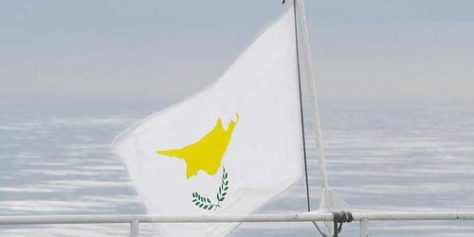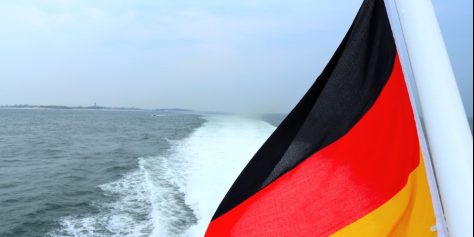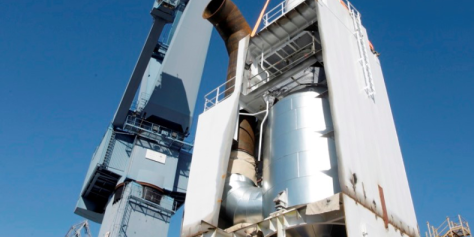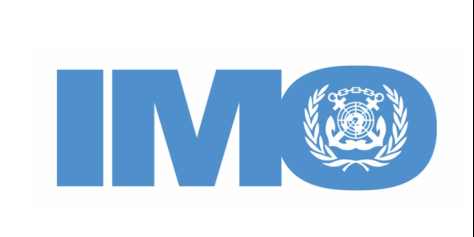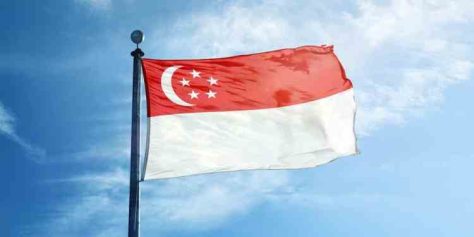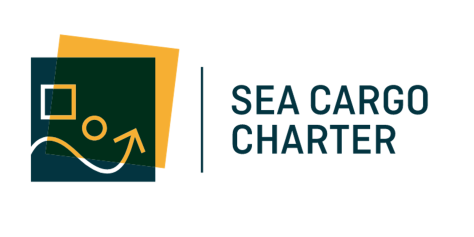REGULATION
International regulations (IMO), European, national and regional regulations regarding marine fuels and power supply in ports.
Cyprus is introducing changes to its tonnage tax system to encourage shipowners to operate greener vessels Starting in fiscal 2021, the annual tonnage tax will be reduced by up to 30% for each vessel that demonstrates proactive measures to reduce its environmental impact.
Germany's Ministry of Transport and Digital Infrastructure extended the term of grants to equip and convert seagoing vessels to use LNG as marine fuel until December 31, 2021. Germany came to this decision after considering that many projects did not They were able to be executed last year due to financial problems caused by the COVID19 pandemic.
The number of houses using exhaust gas cleaning systems, better known as "scrubbers", has grown from just three houses in 2008 to more than 4,300 in 2020. Although scrubbers are effective in reducing sulfur dioxide emissions ( SO2) in the air, sulfur and other pollutants removed from the exhaust gases - including carcinogens such as polycyclic aromatic hydrocarbons (PAHs) and heavy metals - are discharged overboard as wash water, also called flush water .
The Committee for the Protection of the Marine Environment of the International Maritime Organization (IMO) has approved draft new mandatory standards to reduce the carbon intensity of existing ships. The draft amendments to the MARPOL Convention would require ships to combine a technical and an operational approach to reduce their carbon intensity
The decarbonization of ships is actually the decarbonization of the bunkering. As the world's number one fueling port, Singapore has a vital role to play in the process. Successive Singapore governments, NGOs, and other agencies have supported a number of initiatives to move the nation and industry on the zero carbon path.
The Charter on the Shipping of Goods sets a new benchmark for responsible shipping, transparent climate reporting and improved decision-making in line with the United Nations decarbonization goals. A group of the world's largest energy, agriculture, mining and commodity trading companies will assess and disclose the climate alignment of their shipping activities for the first time.

